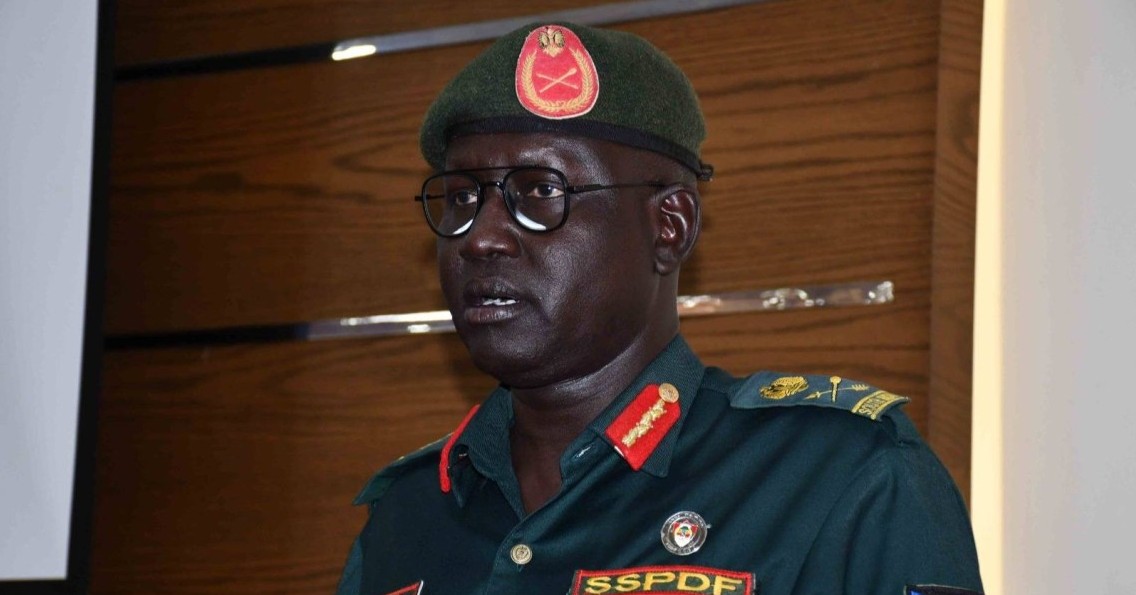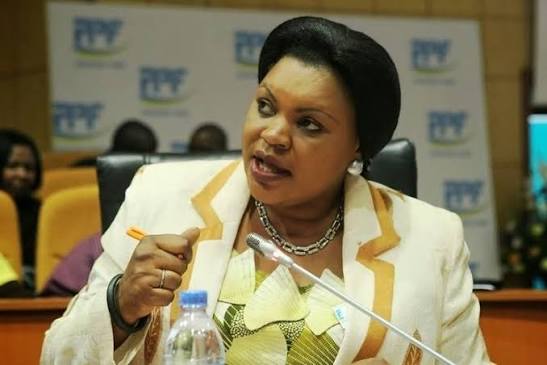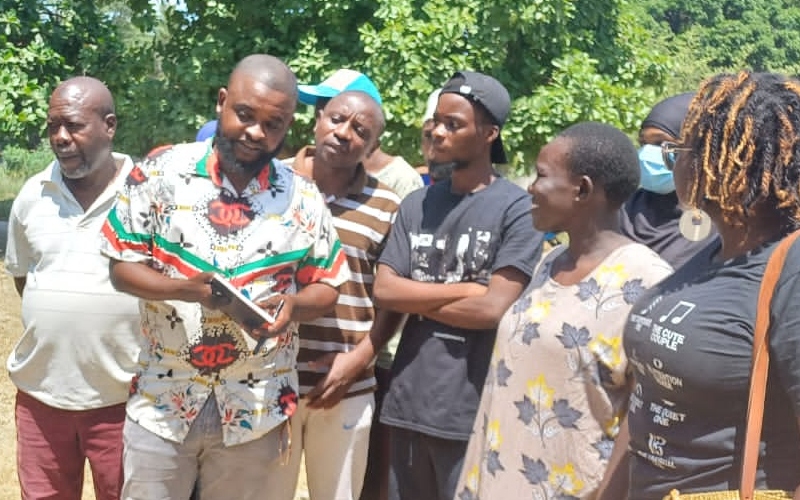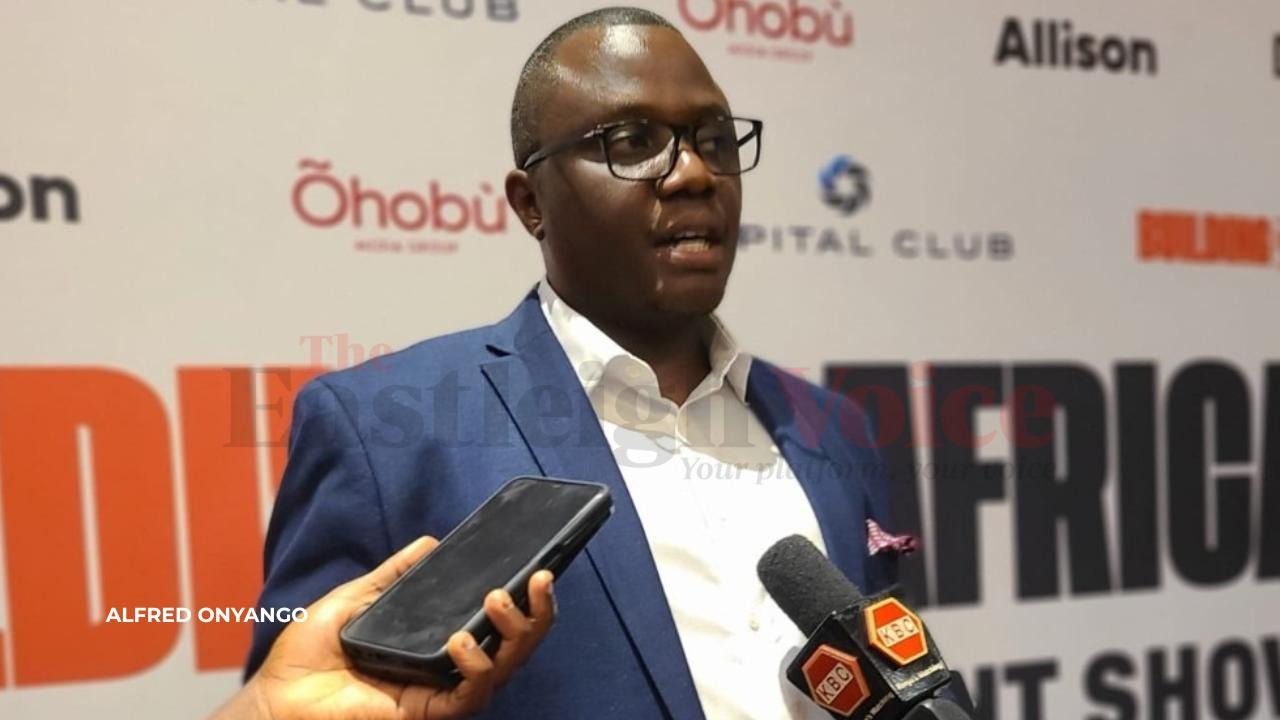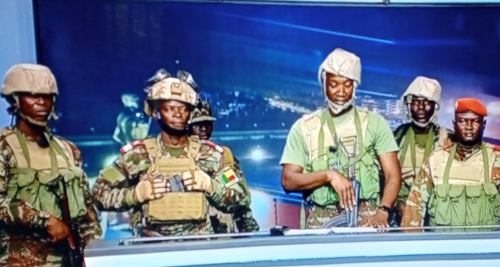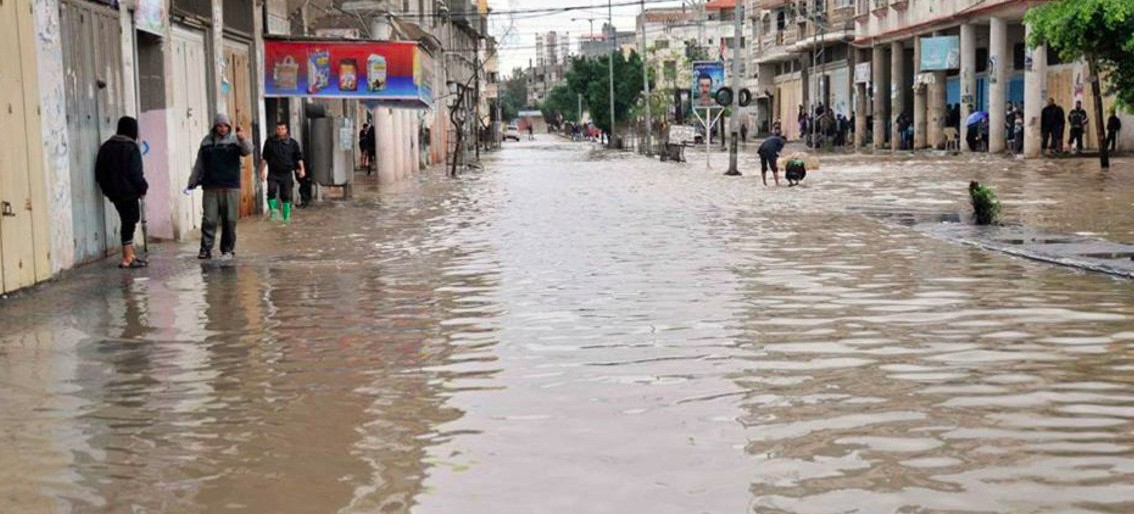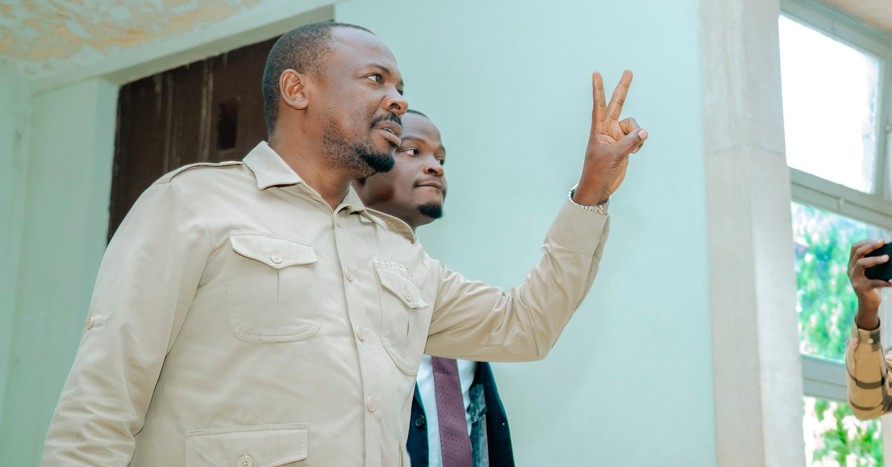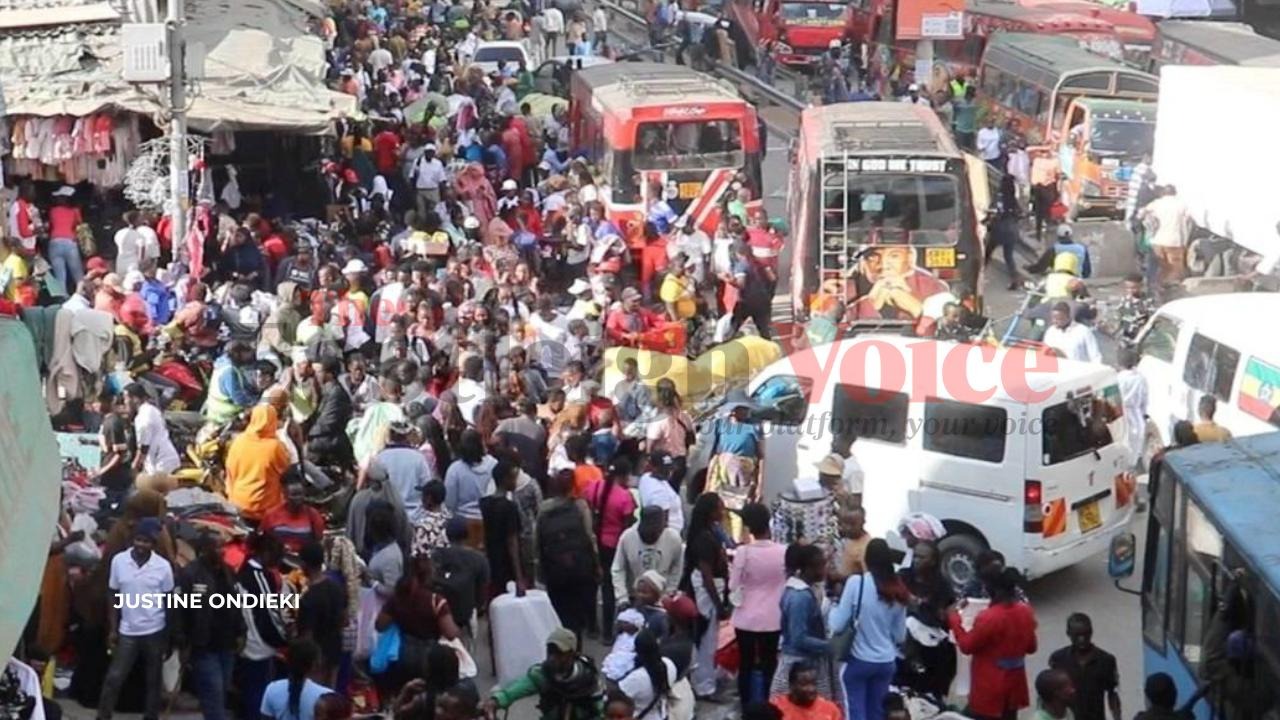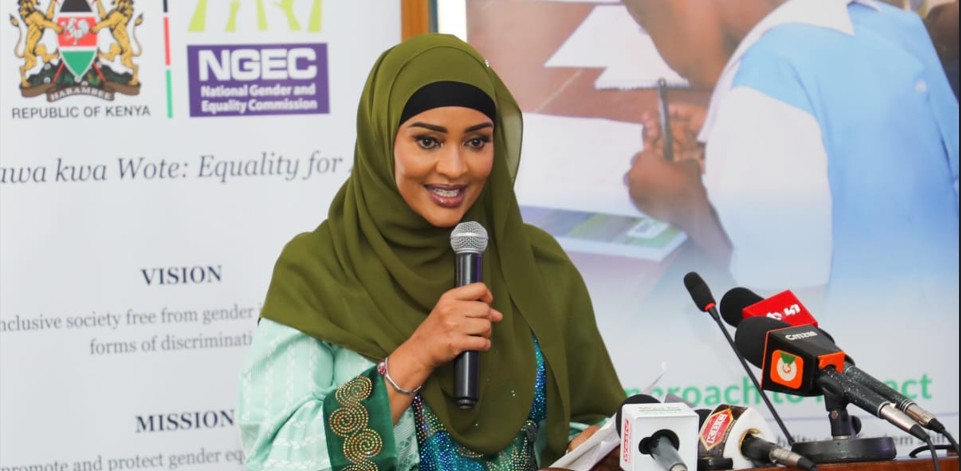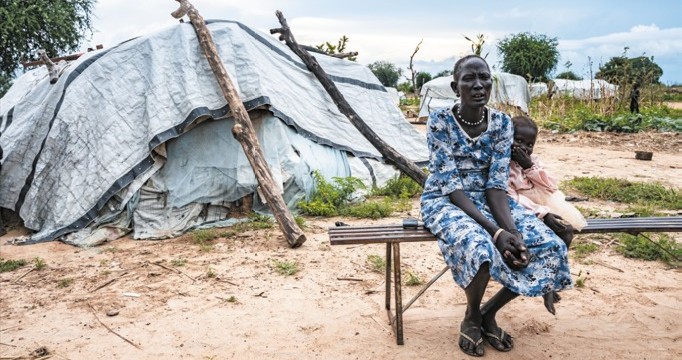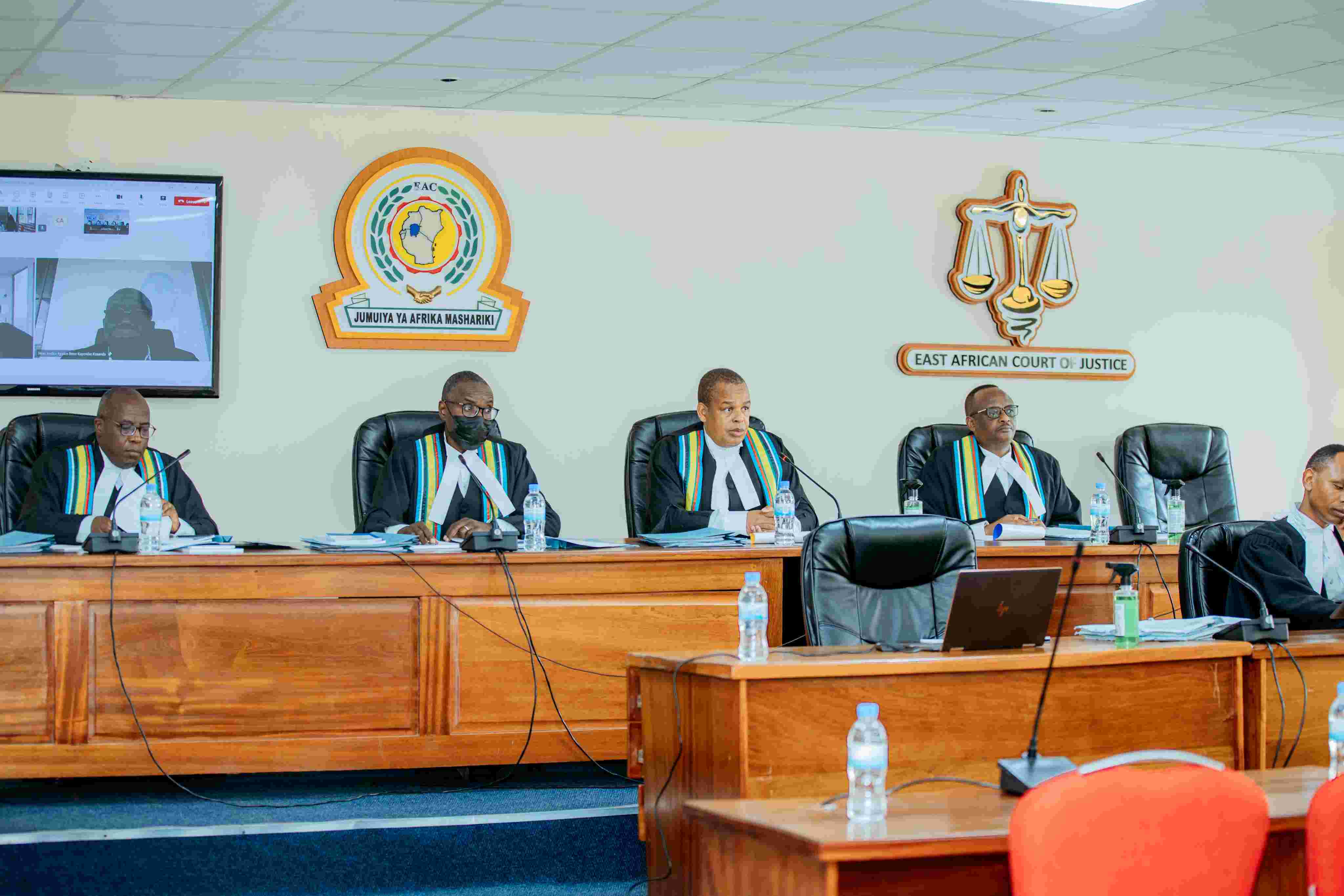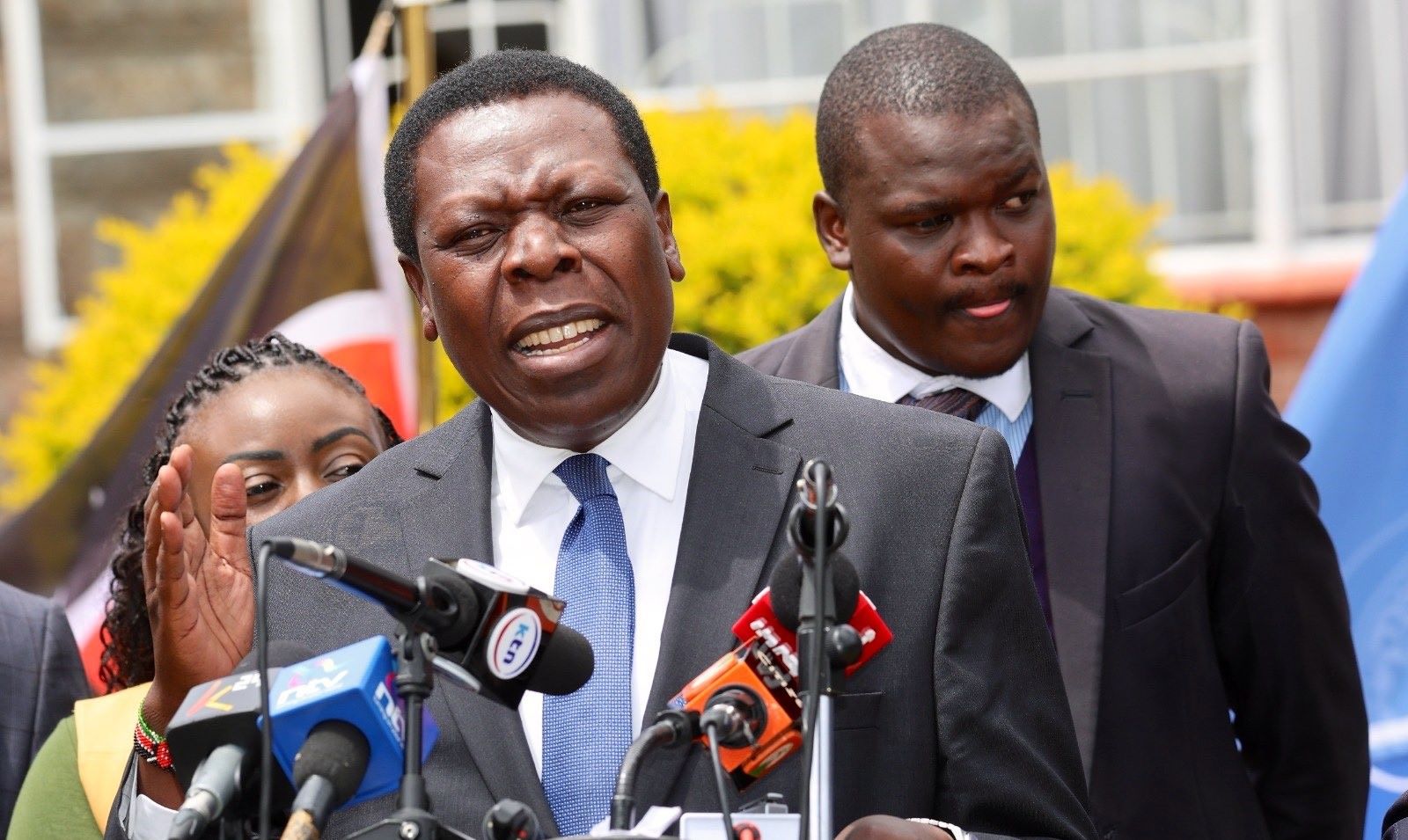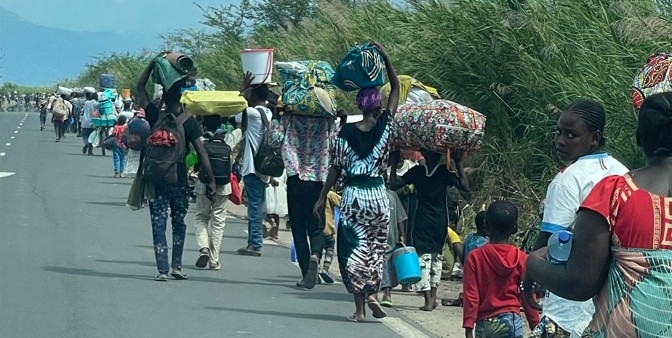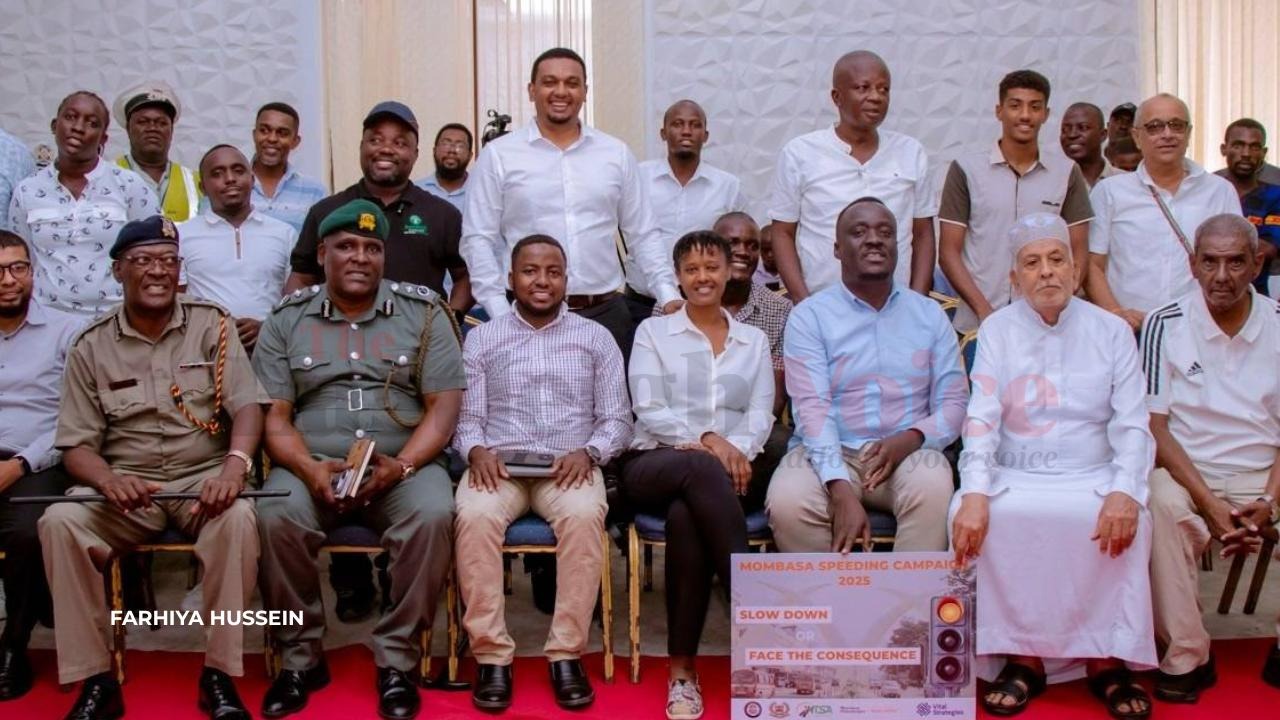President Samia warns disputed election tainted Tanzania’s reputation, urges local resource mobilisation
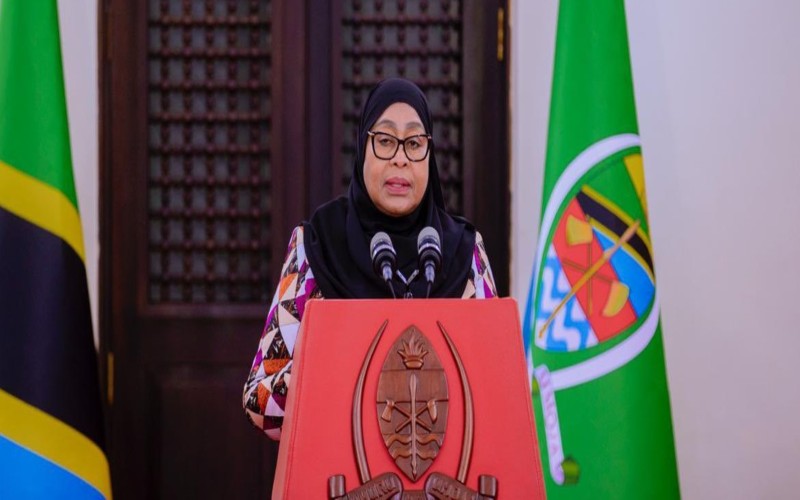
President Samia Suluhu Hassan cautioned that this could undermine the government’s ability to obtain external financing as easily as it had during the first term of her administration.
Tanzania’s President Samia Suluhu Hassan has warned that the country’s disputed election and the consequent post-poll violence dented the country’s international reputation.
Speaking at State House in Chamwino, Dodoma, on November 18, 2025, Samia urged her newly sworn-in ministers to intensify efforts to raise funds from domestic sources.
More To Read
- Chadema demands transitional government, new constitution in Tanzania, calls October polls ‘illegal'
- Tanzania’s internet blackout challenged at East African Court of Justice
- Tanzania mourns as CCM MP Jenista Mhagama dies amid post-election tensions
- Canada reviews Tanzania partnership after deadly post-election crackdown
- Tanzania police issue fresh warning against nationwide demonstrations
- Tanzania streets deserted as police and soldiers quash Independence Day protests
Samia noted the political turmoil surrounding the election tainted Tanzania’s standing in the eyes of international lenders, cautioning that it could undermine the government’s ability to obtain external financing.
“Our resources are limited, as you know, and we often rely on obtaining them externally through loans from various international institutions and international banks. But what has happened in our country has tainted our reputation, and this may reduce our credibility in accessing loans as easily as we did during the first term of this administration,” Samia said.
The president added that Tanzania previously enjoyed favourable access to financing due to its reputation, stability and development trajectory.
"Lakini doa tulilojitia huenda likaturudisha nyuma,” she stated.
Samia emphasised that development projects cannot be left to depend solely on external partners whose support may falter. She urged ministers to devise innovative ways to finance key initiatives through domestic resources.
“Therefore, we have the task of raising funds locally, using the resources God has given us. We will consider which methods to use to obtain money to implement our projects,” she said, stressing that the government must deliver on the commitments made to citizens despite challenges in securing external funding.
Her remarks come in the wake of a controversial election marred by violence, accusations of ballot-box stuffing and the exclusion of key opposition challengers.
Rights groups, opposition parties and the United Nations (UN) have said that hundreds were likely killed in clashes with security forces, although the government has rejected those figures as exaggerated.
Samia has promised to investigate the violence and recently offered condolences to bereaved families, her most public acknowledgement of the crisis to date.
Cabinet, nepotism
On Monday, she unveiled her Cabinet, appointing her daughter, Wanu Hafidh Ameir, as Deputy Minister of Education and her son-in-law, Mohammed Mchengerwa, as Minister of Health.
The move has stirred intense debate in Dodoma, according to political sources, especially from opponents who have long accused Samia of nepotism and consolidation of power within her inner circle.
In the President's Office, Ridhiwani Jakaya Kikwete, son of former Tanzanian President Jakaya Mrisho Kikwete, has been appointed minister for Public Service Management and Good Governance, with Regina Ndege Qwaray serving as his deputy.
Kitila Mkumbo will head the President's Office for Planning and Investment, assisted by Pius Steven Chaya.
A new Ministry of Youth Development has also been created under the president's office, to be led by Joel Nanauka, supported by senior assistants and technical officers yet to be named.
In the Vice-President's office, Hamad Yusuph Masauni has been appointed minister in charge of the Union and Environment docket, with Festo John Ndugange as his deputy.
The Prime Minister's office has seen significant changes as well, with William Lukuvi overseeing the Policy, Parliament, Coordination, and Persons with Disabilities docket, assisted by Ummy Ndeliananga.
Clemence Sango takes over the Labour, Employment, and Industrial Relations ministry, with Rahma Kisuo as his deputy. Prof. Riziki Silas Shemdoe will manage the Regional Administration and Local Government docket, while education and health functions in this docket have been assigned to Ruben Kwagilwa and Jafar Rajab Seif, respectively.
Other key ministerial appointments include Khamis Mussa Omar at Finance, Mahmoud Thabit Kombo at Foreign Affairs and East African Cooperation, Boniface Simbachawene at Home Affairs, Godfrey Chongolo at Agriculture, Juma Aweso at Water, Raymond Nyasaho at Defence and National Service, Hamisi Abdallah Ulega at Works, Makame Mbarawa at Transport, and Judith Kapinga at Industry and Trade.
Social and Development ministries were also reshuffled, with Mohammed Mchengerwa appointed at Health, Prof Adolf Mkenda at Education, Science, and Technology, and Dorothy Gwajima overseeing Community Development, Gender, and Special Groups.
Top Stories Today
